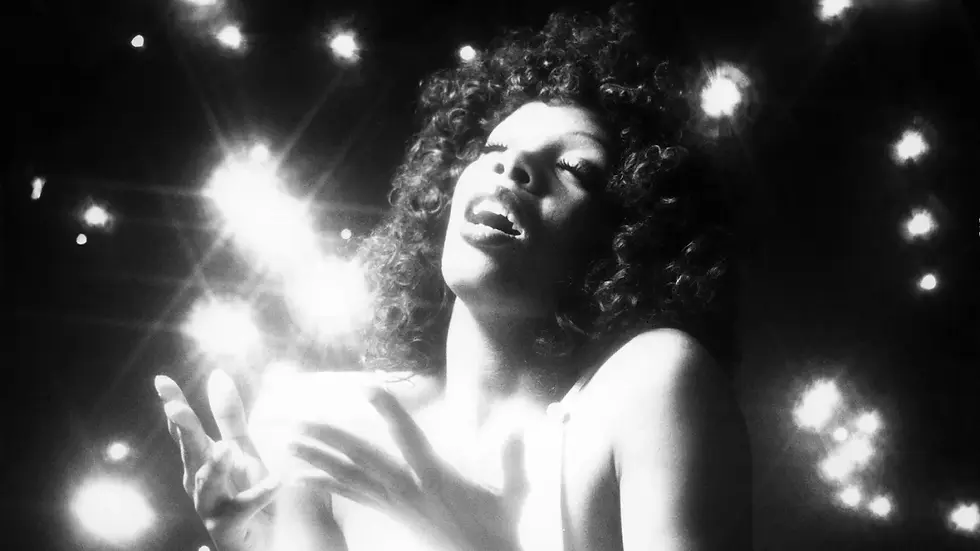How Dark Academia Revived Instrumental Music
- Erin Dytor
- Oct 14, 2025
- 2 min read
What is "Dark Academia" music?
TikTok is dominating the market, with hits and fast-paced pop going viral repeatedly. Few would have predicted that moody classical music and instrumental soundscapes would make a comeback. Yet, nestled in the candlelit corners of YouTube, Spotify playlists and Pinterest mood boards, Dark Academia music has quietly become the soundtrack of a generation longing for depth, intellect, and peace.
Dark Academia, at it’s core, is an aesthetics movement, blending classical literature, gothic ruins and melancholic romanticism. Think dimly lit libraries on a rainy afternoon with a worn tote bag in tow. Musically, it fuses classical compositions, piano-led instrumentals, and ambient sounds.

The Modern Renaissance
Its rise arguably came from the site Tumblr, cementing it as a cultural movement. On current social media, especially TikTok, Dark Academia has turned quiet study music into a global trend (encompassing BookTok). On Spotify, the numbers speak for themselves, with Dark Academia playlists gathering hundreds of thousands of followers and millions of streams.
The Quiet Revolution of Instrumentals
It’s not confined to one style or period. Some playlists feature Chopin and Debussy; others lean into cinematic scores or lo-fi classical remixes. The result is music that feels timeless, somehow both old and new at once. For years, instrumental music struggled to find mainstream listeners, whereas now, the youth crave it, cultivating millions of streams. You’re no longer the nerd for listening to classical music - now, you're a romanticised lover.

Why does it Resonate in the Current Climate?
These collections of instrumental tracks help listeners focus, reflect, and escape the noise of modern life. The blend of piano, cello as well as textured audios create rich experiences for the listeners. In a world of overstimulation, Dark Academia offers calm through music, not words. Every aspect of modern life is overwhelming, leaving people yearning for meaning and stillness.
Artists and Emotional Depth
This revival has given rise to a new wave of artists. Composers like Ludovico Einaudi and Olafur Arnalds blend the cinematic world of music and minimalist piano. Agnes Obel, my personal favourite, produces neoclassical arrangements that could easily score a gothic novel. ‘September Song’ feels as though I'm running through castle grounds covered in tweed, mimicking the story of pride and prejudice. That sense of imagery conveyed through this ‘genre’ is incomparable. Even modern classical icons like Max Richter are making renewed relevance; younger audiences discovering their haunting compositions and using it to soundtrack their own lives. This music doesn't demand attention but invites reflection.
For dark academia artists ready to promote an upcoming release, working with Decent Music provides the expertise and resources to build organic exposure and tangible value for independent artists.





Comments